Peers around the world: Powering innovation through strategic partnerships at INCUBA
/Mai_Louise_Agerskov__CEO__Incuba.png)
Join us for a conversation with Mai Louise Agerskov, CEO of INCUBA, who has been instrumental in helping shape Aarhus, Denmark, into a startup tech hub. In this edition of "Peers Around the World," we explore the key elements behind INCUBA's success, the strategic collaborations that fuel innovation, and Mai Louise's personal insights on how to inspire a thriving entrepreneurial ecosystem.
INCUBA has been a member of IASP for nearly 30 years [formerly named Forskerpark Aarhus]. This marks it as a veteran in the global community of science parks and areas of innovation. What highlights or milestones have been particularly meaningful to you?
We’ve become more and more visible both locally, nationally, and internationally, over the last three decades. Commercialising and unifying INCUBA across three hubs and verticals has marked a key milestone, enhancing our brand as a science park that contributes to both job creation and innovation. And at the same time, it’s run like a business with offerings that can compete on private terms. As CEO since 2015, I’ve witnessed emerging startups like Pond, Whistleblower Software, and Kanpla scaling up, also on an international level. This has been particularly meaningful.
Moreover, the strengthened presence in life science in Aarhus, with spinouts from Aarhus University like NMD Pharma, Draupnir Bio, and Teitur Trophics, attracting substantial capital, underscores INCUBA's very important role in fostering innovation and economic growth in the region. Finally, the launch of INCUBA Next, hosting tech scaleups and corporates like Kvantify and Partisia, signals a promising trajectory for our continued success and impact.
INCUBA has played a pivotal role in developing Aarhus's reputation as a startup tech hub - among others, nurturing Danish success stories like Trustpilot and Lunar. What do you think are the key factors in helping to transform ventures like these to become international players?
There are several key factors. Firstly, innovation and unique offerings help them stand out in competitive markets. Strategic partnerships provide access to crucial resources and markets, while adaptability and scalability allow them to tailor products for diverse international audiences. Strong leadership and clear vision are vital for navigating global expansion complexities. Thorough market research and localization are necessary to ensure offerings resonate with international needs. Customer focus and effective reputation management build global trust and loyalty, and continuous innovation ensures sustained relevance in the global landscape.
We play a small but important role in nurturing these elements in the early stages of many startups by providing access to the right facilities, knowledge, and investors. For example, the Aarhus Investor Summit showcases startups to potential investors, facilitating growth opportunities. The event also features the INCUBA Startup & Investor of the Year awards, which recognise significant achievements and contributions, further boosting Aarhus's reputation as a thriving tech hub.
You mentioned INCUBA Next, the 22,000 m2 extension to INCUBA’s Katrinebjerg site. Your park has a rich history in expanding the number of sites that it manages. Is orchestrating multiple sites a challenge or a blessing? And how does this benefit entrepreneurs?
It presents us with both challenges and blessings. Managing multiple locations demands careful coordination and resources, yet it significantly expands our reach and support capabilities for growth-oriented technology and life science companies. This diversity in locations enables entrepreneurs from different areas to access our resources and network, fostering collaboration and innovation across regions.
For example, Teitur Trophics, a spinout from Aarhus University, chose to join us in INCUBA Skejby. Now they benefit from proximity to cutting-edge research facilities at Aarhus University Hospital. This strategic location enhances their innovation capabilities and accelerates their development.
Additionally, having multiple sites allows us to offer entrepreneurs greater flexibility in workspace selection, catering to specific industry needs and development stages. It also enhances our ability to connect startups with a broad range of resources, such as mentors, investors, and potential partners, strengthening their chances of success. For instance, our accelerator program, INCUBA StartupLab, supports early-stage startups like MultiBiopsy, providing a conducive environment for prototyping and innovation.
In essence, while managing multiple sites poses logistical challenges, it also expands our impact, offering entrepreneurs greater opportunities and fostering a dynamic ecosystem for innovation and growth.
With multiple sites and company growth in different sectors, what emphasis do you add to cross sector collaboration? Does INCUBA have specific mechanisms to support or orchestrate this?
I think cross-sector collaboration is vital. We emphasise this through mechanisms like regular networking events, collaborative workspace designs, and industry-specific mentorship programs. Our goal is to facilitate interactions between startups from diverse sectors, encouraging knowledge-sharing and innovative partnerships with industry and investors. Additionally, we organise themed workshops and forums to address common challenges and foster interdisciplinary cooperation.
By promoting cross-sector collaboration, we aim to create a dynamic ecosystem where ideas from different industries converge, driving innovation and growth. Essentially, the challenges for most startups and scaleups are general, and founders have much to offer in knowledge sharing about evolving into CEO roles, building the right organisation, and making strategic choices. Our role is to facilitate this sharing and match the most relevant people and companies for efficient and rewarding interactions.
Your strategic partnerships with Aarhus University and other educational institutions play an important role in linking academia and industry. How do these collaborations contribute to regional economic growth and innovation?
Our partnership with Aarhus University is fundamental to INCUBA’s role as a science park, supporting early-stage growth and collaboration between companies and academia. This proximity enables ventures like Partisia, Kvantify, and Scalgo, which originated from university departments, to leverage academic research and establish successful businesses.
For instance, Partisia emerged from Aarhus University’s Computer Science department known for cryptology. Now as part of INCUBA, Partisia benefits from being close to the university, gaining access to new digital talent and allowing its co-founders – one of whom is still a university professor – to spend workdays at both the university and the company.
These collaborations drive regional economic growth by creating jobs, retaining talent, and attracting investment - stimulating the local economy and pioneering new technologies. This symbiotic relationship between academia and industry not only fosters innovation but also enhances Aarhus’ reputation as a dynamic hub for technological entrepreneurship, attracting further investment and talent.
In your life outside of INCUBA, what activities or pursuits energise you? How have they shaped your methods or philosophy in cultivating supportive and innovative communities?
I have many interests that energise me, both professionally, culturally, and socially. I spend a lot of time on various boards, such as Erhverv Aarhus, a business organisation dedicated to fostering an attractive business climate in the Aarhus region. I am deeply engaged in my city’s development, which is why I enjoy my involvement with Erhverv Aarhus. In my spare time my three kids keep me busy and we all like to have guests over, so there’s always something going on in our house. I enjoy going for runs, reading books, and staying informed about local, national, and international news and politics.
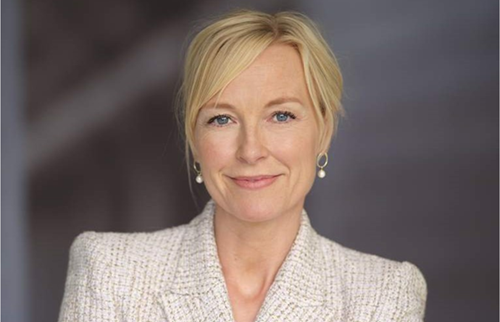
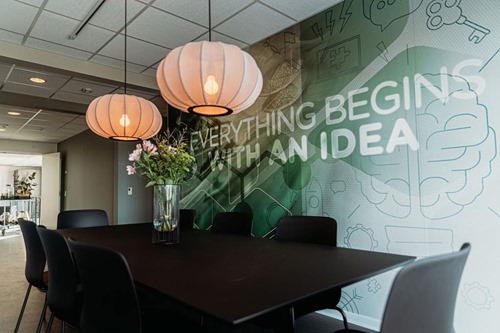
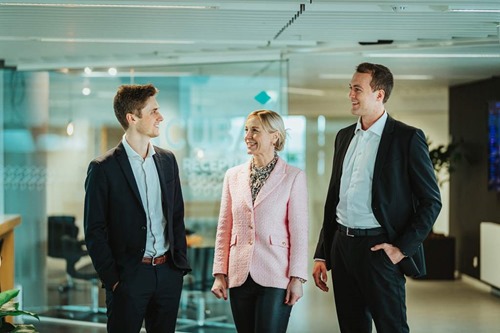
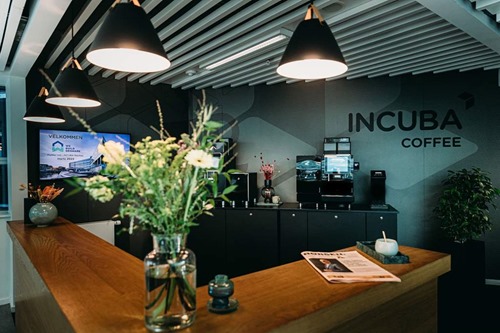
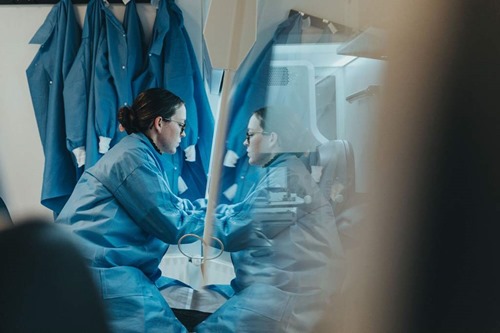
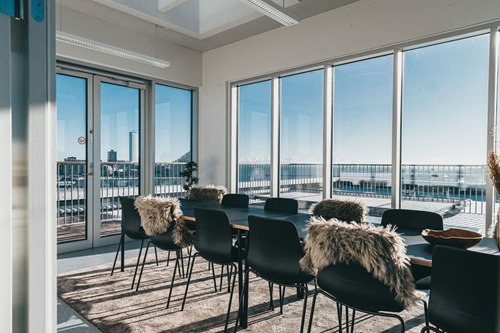
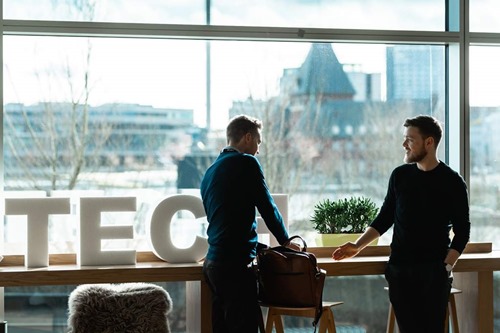
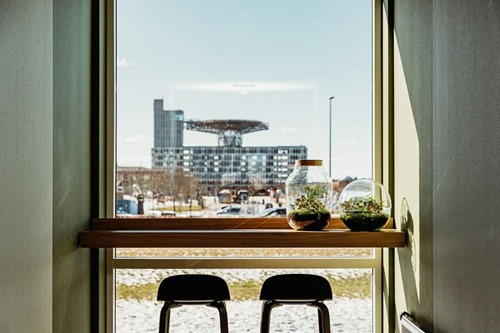
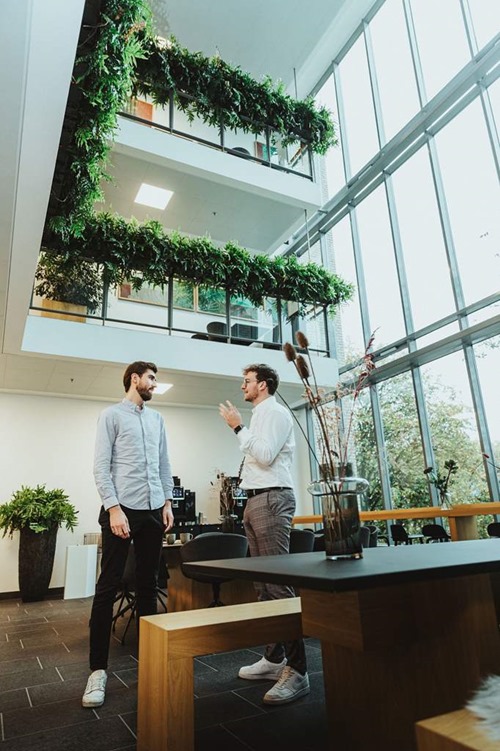
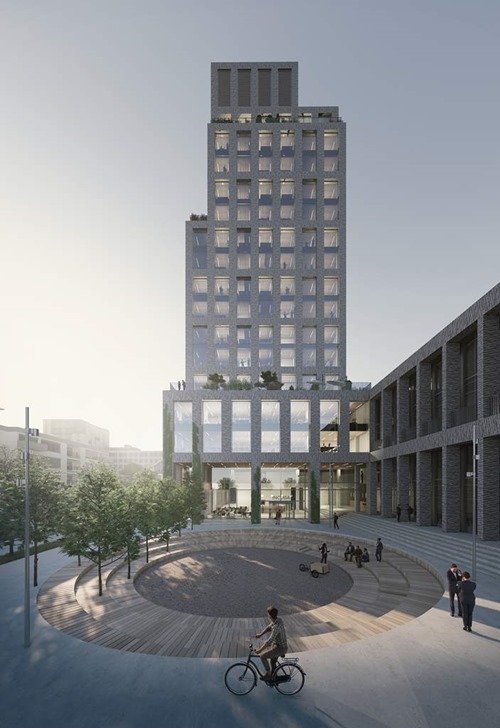
/)

/canvascolor(0xffffffff)/Adlershof_rgb.jpg)
/canvascolor(0xffffffff)/MemberLogo-5658-6090.jpg)
/canvascolor(0xffffffff)/MemberLogo-5735-6186.jpg)
/canvascolor(0xffffffff)/2023_06_19_China_Tuspark_Ningbo_Logo.png)
/canvascolor(0xffffffff)/Logo_biopark_200x200_3.jpg)
/canvascolor(0xffffffff)/Clipboard-2.jpg)
/canvascolor(0xffffffff)/2021_09_20_Thailand_STP_Chiang_Mai_University.jpg)
/canvascolor(0xffffffff)/2023_10_17_China_Weiguang_Life_Science.png)
/canvascolor(0xffffffff)/2024_12_10_Canada_Entreprendre_Sherbrooke_Logo.png)
/canvascolor(0xffffffff)/logo_19.png)
/canvascolor(0xffffffff)/Yothi_Medical_Innovation_Disctrict.jpg)
/canvascolor(0xffffffff)/2025_03_04_Germany_Ostfalen.png)
/canvascolor(0xffffffff)/Korea_Innovation_Foundation.png)
/canvascolor(0xffffffff)/2020_05_07_Brazil_Porto_Digital.jpg)
/canvascolor(0xffffffff)/logo_2_(para_rodape_)_1.png)
/canvascolor(0xffffffff)/MemberLogo-87901-361401.png)
/canvascolor(0xffffffff)/Teknopark_vekt_rel_logo_page-0001_1.jpg)
/canvascolor(0xffffffff)/buildings2_7.png)
/canvascolor(0xffffffff)/MemberLogo-5751-6208.jpg)
/canvascolor(0xffffffff)/2018_03_30_Canada_Technoparc_Montreal.png)
/canvascolor(0xffffffff)/MemberLogo-58801-6311.png)
/canvascolor(0xffffffff)/WhatsApp_Image_2024-03-11_at_10.37.06.jpg)
/canvascolor(0xffffffff)/gcid-logo_logo-colour_for_web_with_20__2.jpg)
/canvascolor(0xffffffff)/Captura_de_tela_2025-03-06_122825.png)
/canvascolor(0xffffffff)/WhatsApp_Image_2023-08-01_at_14.01.59_5.jpg)
